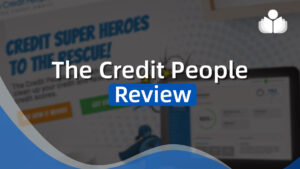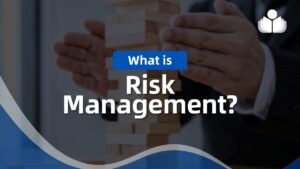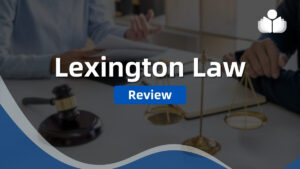1. Preserve Institutional Knowledge to Ensure Better Proposals
by Jayme Sokolow
Most of us work in or with institutions that pride themselves on their ability to identify and access information quickly, but those institutions very often have short memories.
As Ron Ashkenas has pointed out in the Harvard Business Review Blog Network, although organizations “spend a lot of time and resources developing knowledge and capacity . . . most of it resides in the heads, hands, and hearts of individual managers and functional experts.”
But as time goes by, the effects of entropy take over and, as individuals in the organization leave, retire, or take on new positions within the organization, the knowledge fades.
There are, however, ways that nonprofits can institutionalize knowledge in proposal development to create better processes, better content, and more informed proposal team members.
Following Ron Ashkenas, I recommend three approaches to overcoming institutional amnesia:
• Recognize that the preservation of institutional knowledge is an organizational challenge and responsibility, and formulate an explicit strategy for the maintenance of that knowledge, especially within your proposal team.
• Identify those important pieces of information that every member of the proposal team should know and make sure they have easy access to that information.
• Use technology to create a simple but effective database where the proposal team can access the “institutional memory,” and where they can record new institutional knowledge as the proposal develops. (You could use SharePoint to do this or imitate Intel, which has its own internal wiki named Intelpedia.)
As people age, we learn that our precious memories can become quite fragile. And, even though nonprofits seem more resilient than any individual, they seem to age even more quickly. As a result, nonprofits need to actively preserve their institutional memories. If they do not, proposal development is likely to become less efficient and less effective.
=-=-=-=-=-=-=-=-=-=-=-=-=-=
Dr. Jayme Sokolow, founder and president of The Development Source, Inc.,
helps nonprofit organizations develop
successful proposals to government agencies
Contact Jayme Sokolow..
=-=-=-=-=-=-=-=-=-=-=-=-=-=
Look for Jayme’s ebook on
Finding & Getting Federal Government Grants.
It’s part of
The Fundraising Series of ebooks
They’re easy to read, to the point, and inexpensive ($1.99 – $4.99)
=-=-=-=-=-=-=-=-=-=-=-=-=-=
2. Evaluating The Chief Development Officer – II
by Tony Poderis
Last week I suggested that there are many factors that can impact the success of a development program, and, thereby, affect how the CDO’s performance is perceived.
— Significantly high startup costs for new and emerging organizations can greatly and negatively affect the raising of donations and the bottom-line in terms of numbers of gifts, amounts, and when they are received.
— Initial “investment” costs for new major campaigns, such as for capital, endowment, sponsorships and underwriting. All do take time, maybe years, i.e., the word “development” in our profession. These long-term efforts significantly influence when and how much money comes in.
— Focus on time and money spent for telefunding, direct mail, social media, and Internet fund-raising activities differ from organization to organization.
— Impending and costly new and expanding program and service initiatives to be installed by the organization as directed from the long-range strategic plan, will certainly impact the development officer’s performance and results.
— How much, how little, or how not at all, the Board of Trustees directly assist and participate in the development activities. This makes a huge difference from non-profit to non-profit regarding how development staff is evaluated and of course it directly affects the efforts to win new donations, and certainly impacts the results of refused, increased or decreased donations.
— The quality, skills, experience, and capability of any given development staff person can and do range far and wide to greatly influence the development officer’s performance evaluation.
— Performance, good or bad, is greatly influenced with the development office resources at hand and willingly provided by the organization’s leadership in terms of adequate support staff for the Director of Development to satisfy fully all of the requirements and directives of campaign volunteers, donors, and prospects.
=-=-=-=-=-=-=-=-=-=-=-=-=-=
All too often, a development person is required to perform other activities
within the organization which are peripheral to fundraising. I’ll address that
issue and a few others in Part Three of this series, next Wednesday.
=-=-=-=-=-=-=-=-=-=-=-=-=-=
Have a question or comment about the above posting?
You can Ask Tony.
There is also a lot of good fundraising information on his website:
Raise-Funds.com
=-=-=-=-=-=-=-=-=-=-=-=-=-=
Have you seen
The Fundraising Series of ebooks ??
They’re easy to read, to the point, and inexpensive ($1.99 – $4.99)
=-=-=-=-=-=-=-=-=-=-=-=-=-=
If you would like to comment/expand on the above, or would just like to offer your thoughts on the subject(s) of this posting, we encourage you to “Leave a Reply” at the bottom of this page.
 Sections of this topic
Sections of this topic
















